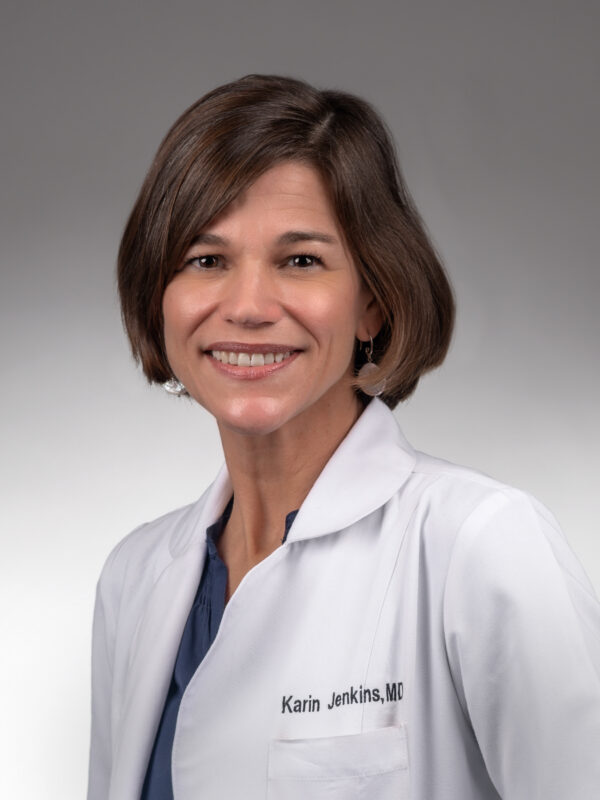Why is advance care planning important?
It’s a situation no one wants to be in – having to make decisions about a loved one’s care because they’re unable to communicate them. This is where advance care planning comes in. Advance care planning outlines your health care decisions if you’re sick or injured and can’t make them for yourself, taking this burden off your loved ones.
Hospice and palliative care physician Karin Jenkins, MD, explained what to know about advance care planning so you’re prepared.
When is the best time to discuss your end-of-life wishes?
Death is a difficult subject for us to broach with our family members, but the truth is that all of us will die one day. That’s why it’s extremely important to plan ahead by first having a conversation with your loved ones. And the best time to do this is now.
“Talking with your family members and making sure they understand your wishes and what you consider a good quality of life is incredibly important. It is a gift to your family,” Dr. Jenkins said. “There are multiple documents you can fill out to assist with making your wishes known, but nothing is as important as having those conversations.”
What documents need to be completed to share your end-of-life wishes?
The documents that outline your wishes are known as advance directives. Two important forms are the health care power of attorney and living will.
A health care power of attorney designates somebody who will make decisions on your behalf if you are unable to make decisions for yourself. With the health care power of attorney, you want to have conversations about what you consider a good quality of life, what is important to you. If you have certain limitations, would you want your life prolonged?
A health care power of attorney is different from a regular power of attorney who makes decisions about things such as money, property or business dealings.
A living will gives your health care power of attorney information about your choices at the end of life. This is different from an ordinary will that tells your survivors what to do with your property after you die.
“One of my favorite documents is the Five Wishes document,” Dr. Jenkins said. “This document goes into a lot more detail about what you want at the end of life. It outlines questions such as, do you want flowers in the room? Do you want spiritual messages read? It really allows people to make their preferences known.”
Another important document is the South Carolina POST form. POST stands for physician order for scope of treatment. This is a physician’s order that is valid in any hospital in South Carolina. You can complete the form with your physician, and they will file it with the South Carolina POST registry.
“When you fill out these documents, make sure that your loved ones and your physicians know that they exist and can easily access them,” Dr. Jenkins said. “These documents are incredibly helpful, but you have to know where to find them and how to get to them.”
It’s also helpful to scan these documents into your medical chart.
What is a DNR?
A DNR, which stands for “do not resuscitate,” is a separate document that answers the question, when your heart stops and when you die, what do you want your medical team to do? Would you like to be fully resuscitated? This can involve chest compressions and having a breathing tube placed in your lungs. Or do you want the medical team to allow you a dignified and natural passing that focuses on making you comfortable? While aggressive interventions may be helpful for young healthy people, older patients with multiple severe medical problems are less likely to survive these interventions and more likely to have a poorer quality of life if they do survive these. This document can be included in your living will as well.
Remember, the time to start planning is now
“We Americans tend to avoid the thought of death and plans for death, but we make plans for every other part of our life,” Dr. Jenkins said. “We make birth plans, we make plans for our vacations, but we don’t make plans for our deaths. By having these things in place, it can be the difference between a terrible death and a death that is peaceful and precious, that we would all want for ourselves and our loved ones.”
Find a doctor
Whether you’re looking for a primary care physician or need to see a specialist, we’re here to help with experienced, compassionate care near you.
Find a Doctor

